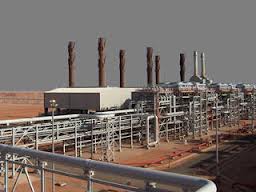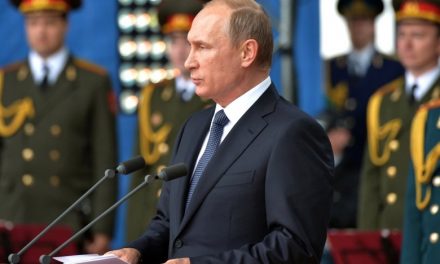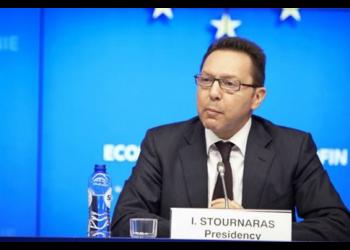By By Tim Daiss, oilprice.com
This kind of development is often lost amid talk of higher news grabbing global oil markets headlines, particularly as Russia, now a major part of the so-called OPEC+ group, with Saudi Arabia, is essentially calling the shots in global oil markets.
However, make no mistake, Moscow’s (albeit Russian President Vladimir Putin’s) ambitions aren’t just focused on oil markets or geopolitical developments in the Middle East and Europe, they are also in natural gas markets, both piped gas into Europe and liquefied natural gas (LNG) production and exports, particularly to the Asia-Pacific region which represents 72 percent of global LNG demand.
Moreover, that figure is set to increase to 75 percent as China continues to ramp up its LNG procurement to help meet Beijing’s mandate that natural gas make up at least 10 percent of the country’s energy mix for power generation to help fight rampant air pollution, particularly in the country’s major urban centers.
Several years ago, Putin said that Russia aimed to be the largest LNG producer in the world, an unlikely possibility at the time and still not likely given that current LNG production leader Qatar will ramp up its liquefaction capacity from a current 77 million tons per annum (mtpa) to an impressive and hard to beat 100 mtpa within the next five or six years.
However, this reality seems to be lost on Russia who is still pushing ahead with LNG development, likely realizing the geopolitical leverage that not only pipped natural gas and crude oil exports bring, but also LNG, both large scale and small-scale projects. Fast forward to yesterday, news broke that Russia’s largest non-state natural gas producer Novatek will start producing LNG on the shore of the Baltic Sea in February.
Small-scale LNG ambitions
Novatek and Russia-based Gazprombank are planning to build an LNG plant and terminal in the Baltic Sea port of Vysotsk with a capacity of 660,000 tons of LNG per annum. The plant’s capacity could be expanded to 800,000 tons in 2021. “There is an ambitious task of launching the operations of the project and loading the first cargo of liquefied natural gas in February 2019,” the contractor, Atomtekhenergo, said in a statement.



















